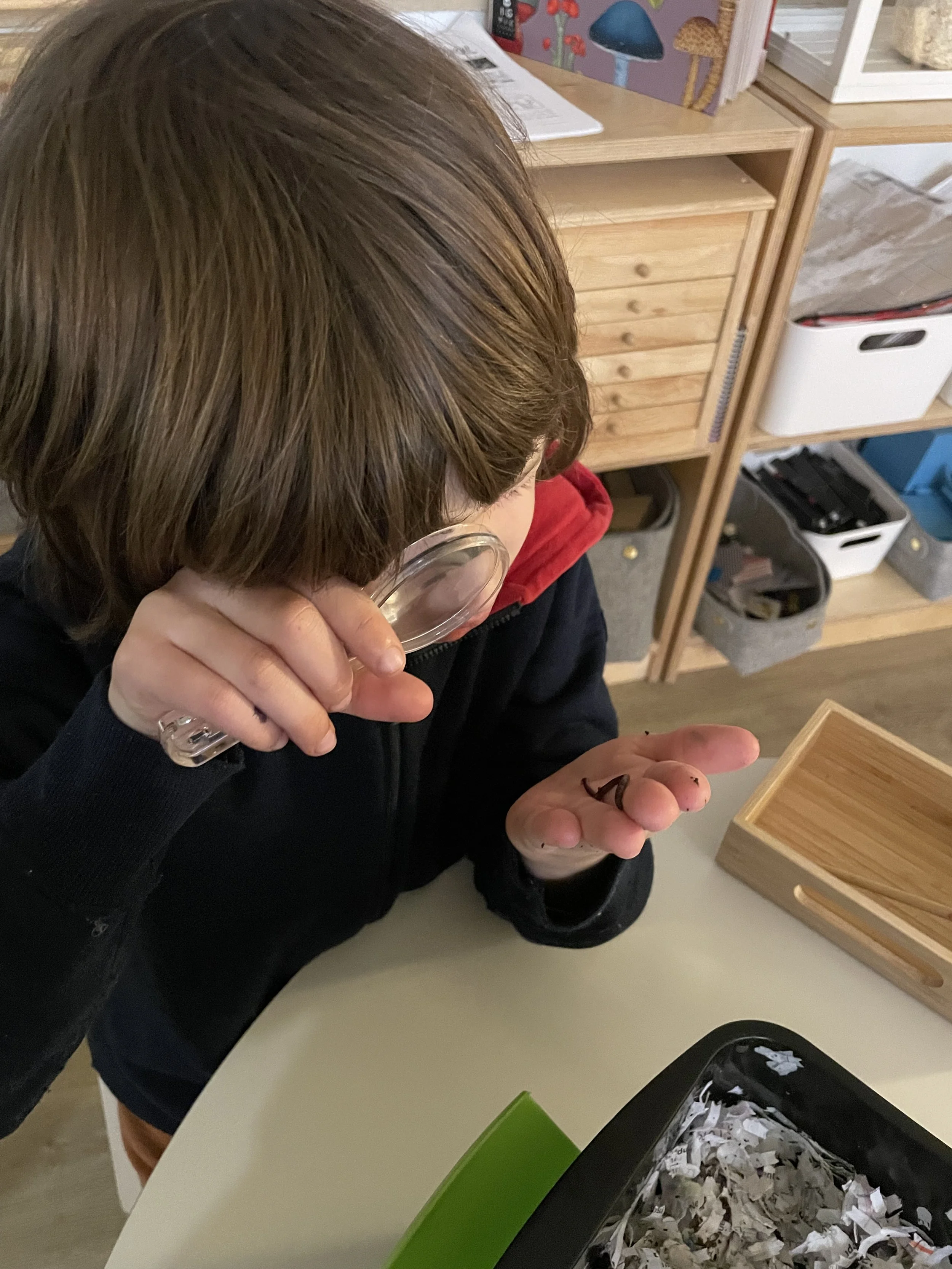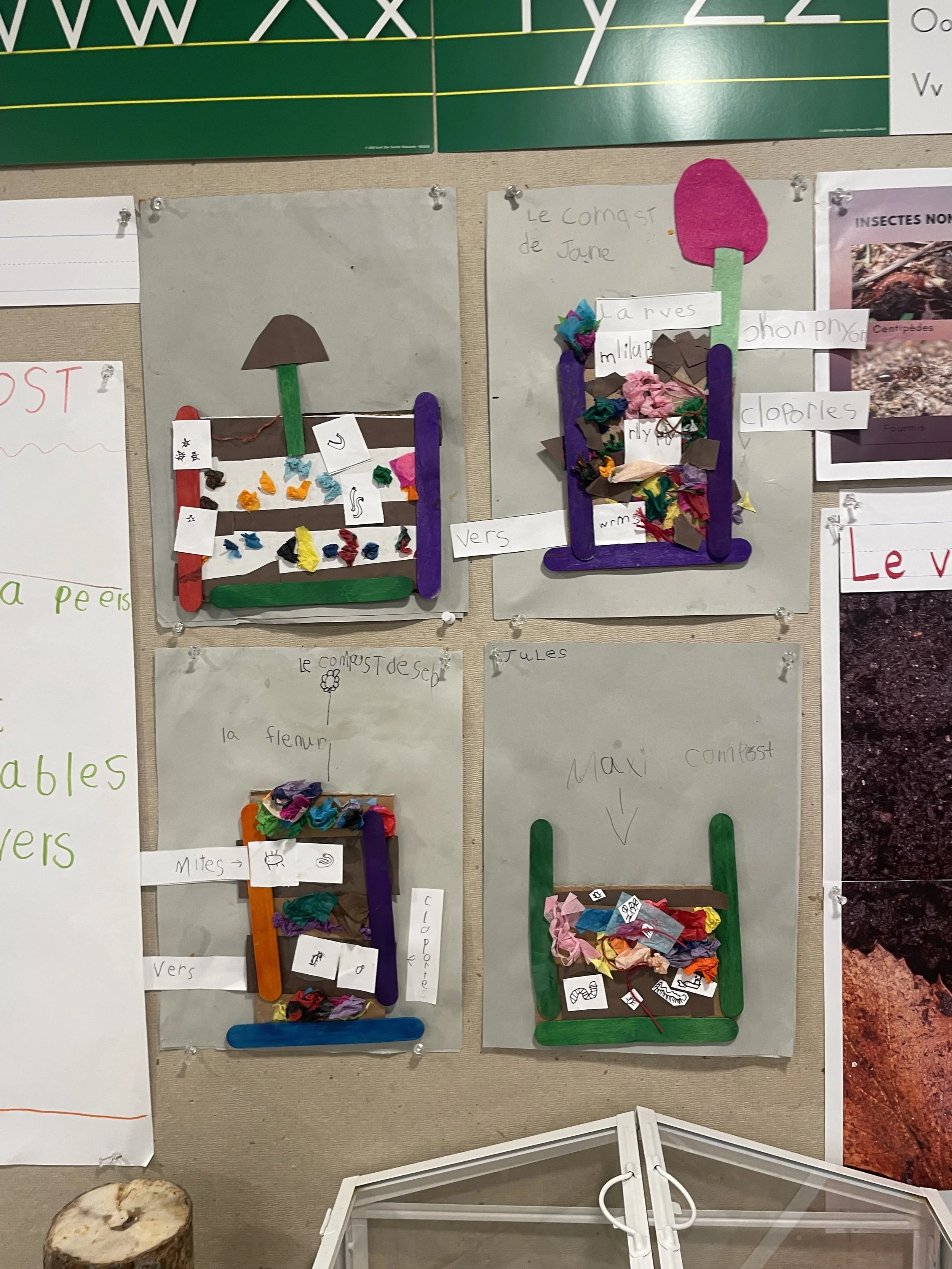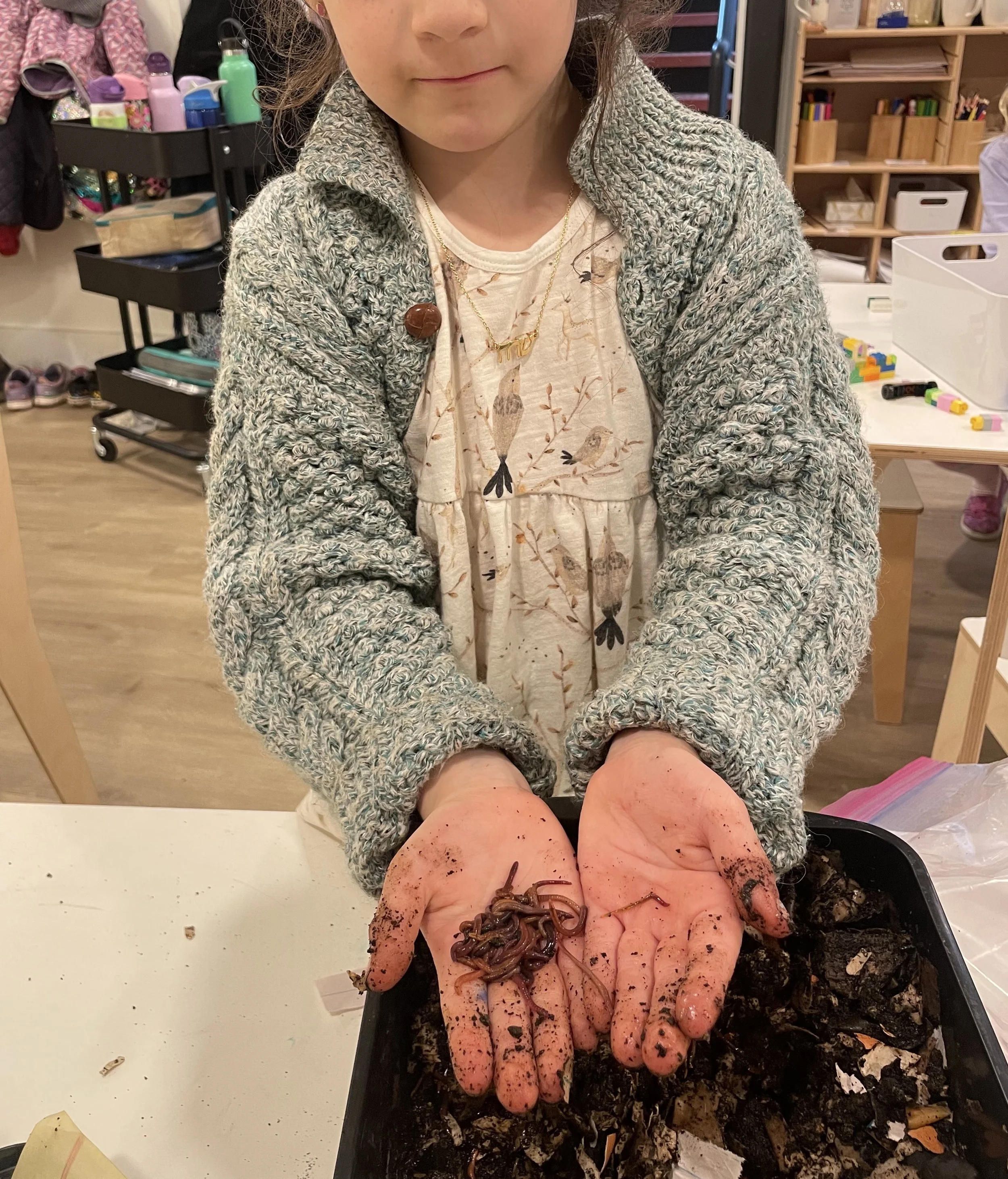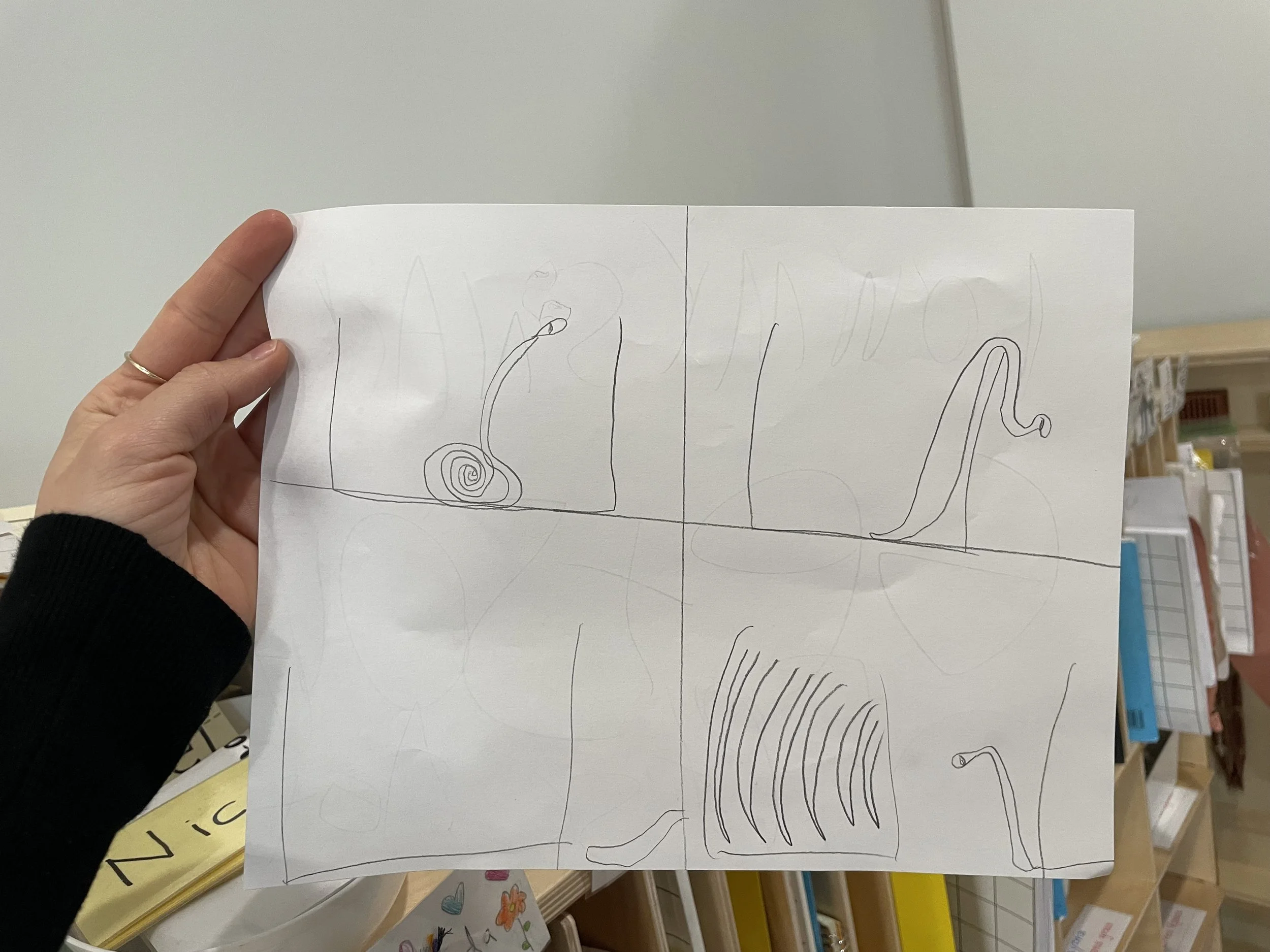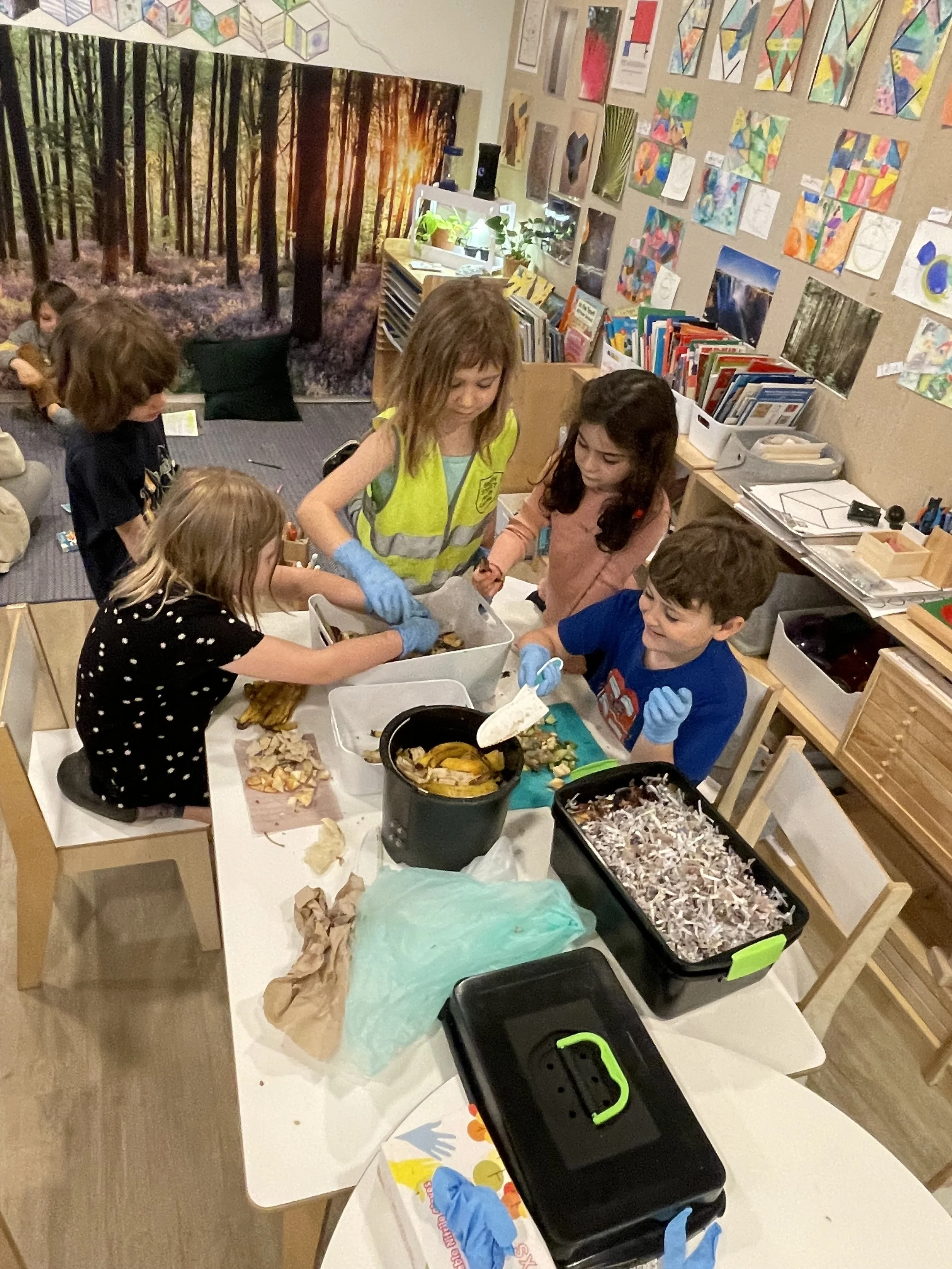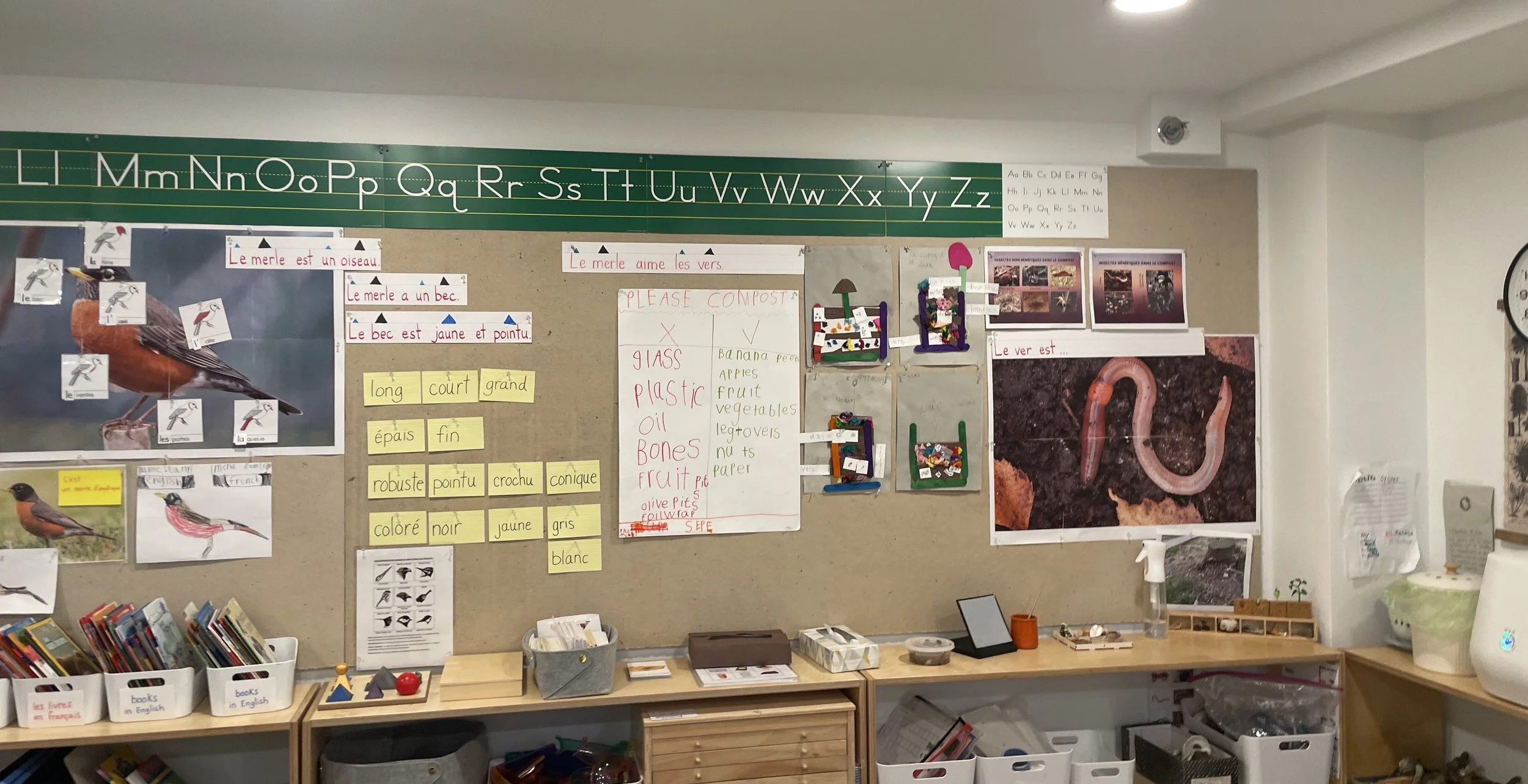Waste Management
“Nature seems to show that there is a mutual exchange between the different kinds of life and the general environment, meaning that each kind can find what it needs for life and happiness in that environment; but also that life and happiness can only be fulfilled by its particular form of service rendered to the environment. So adaptation means fulfillment of conditions, necessary for life and happiness.”
Teaching waste management to children provides invaluable lessons about sustainability, from composting and vermicomposting to recycling and landfills. By exploring topics such as mycology and its role in decomposition, children deepen their understanding of natural lifecycles and waste management. They overcome fears, such as handling worms, and feel empowered to teach others while advocating for change. Children can take ownership of projects, such as a school or grade-wide composting system - setting up bins, educating peers, collecting compost, and processing materials. This fosters responsibility, teamwork, confidence and environmental stewardship, making a real-world tangible impact in their community.
